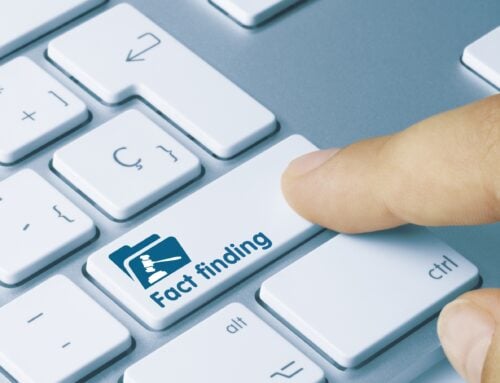 While a forged or fraudulent will may seem like a plot twist in a novel or movie, it’s a crime that happens more often than people think.
While a forged or fraudulent will may seem like a plot twist in a novel or movie, it’s a crime that happens more often than people think.
For example, a home care aide who takes care of an elderly shut-in decides she deserves more money once the family patriarch has died since she’s cared for him more than his children. She creates a new will and forges the signature of the sick man to scam his family out of some of their inheritance.
However, more often than not, document forgery of a will is committed by a relative of the deceased. The family member may feel he is entitled to more assets than what’s outlined in the will, or she may have a grievance with other family members.
Both of these reasons were found to be the case in the court proceedings concerning Mary Brown’s* will. When Mary died, her will stated that all of her $250,000 estate went to her son Bob. Her daughter Susan wasn’t mentioned at all in the will, even though Susan was under the impression her mother was leaving her some money. So, Susan contested the will as a forgery.
During the court battle, both sides brought in forensic document examiners to inspect the will and other documents containing Mary’s signature. During the handwriting analysis test performed by Susan’s forensic examiner, it was determined that Mary’s signature was likely a forgery. While the signature on the will was a good likeness, it was written with a “fluent and firm” hand unlike her signature on a do not resuscitate consent form which was “very shaky” with “poorly formed” letters.
Based on the handwriting analysis expert’s opinion and Bob’s behavior in court, the judge determined that Bob had forged his mother’s signature on the will. The judge said Bob showed a sense of entitlement, which made him believe he should get every penny of his mother’s estate. He also was angry that his sister was unemployed, and she rarely visited their mother while she was in hospice. In the end, the judge pronounced in favor of Mary’s previous will, which split her estate equally between her children.
If you encounter a similar situation where you suspect a family will or other documents contain forged signatures, contact your attorney and suggest a call to . At , we utilize the services of expert handwriting analysts who can conduct sophisticated handwriting comparisons as well as full-scale forensic document examinations. If your case goes to court, our handwriting analysis experts are experienced in professional protocols for handling evidence and giving testimony as an expert witness.
Additionally, if you have some documents that are not handwritten, but appear to be altered electronically, our computer forensic investigators can conduct a digital forensics examination to potentially uncover data revealing the fraud and the identity of the perpetrator.
Just as in Mary Brown’s case, our forensic investigators can help you uncover the truth.
-Brenda McGinley, CEO, All in Investigations, All in Investigations
*Names have been changed.





